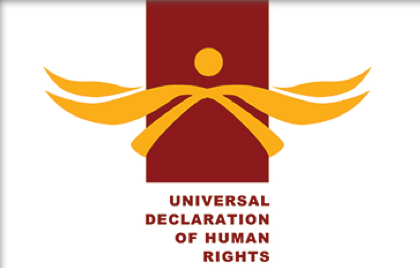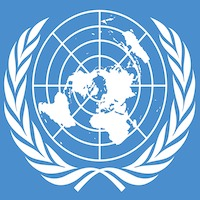Acknowledging the intersections of human rights and advertising, the United Nations panel gives a call to action to the advertising industry to use its global impact to positively influence human rights crises worldwide.
The advertising industry operates across various platforms: print, broadcast, radio, and digital. Advertisers wield significant power in shaping public narratives and influencing societal perceptions of diverse issues and individuals.
As Pia Oberoi mentions in her opening remarks at the recent United Nations panel, Intersections Between Advertising and Human Rights, the industry invests plenty of money in global ad spend.
In 2023, digital ad spend is projected to reach a staggering $679 billion worldwide. With such substantial financial resources and pervasive outreach into households and communities, advertisers possess immense potential to affect lives positively or negatively, both online and offline.
Oberoi argues that ethical and informed decisions by industry players can channel advertising spend to support independent and trustworthy media. It can promote inclusive narratives, foster diversity, challenge stereotypes, and empower individuals and communities to enhance their lives and contribute to the betterment of others.
However, when advertising decisions lack a conscious focus on human rights, there is a risk of funding disinformation and hate speech. This may not only fuel discrimination and hostility but can also incite real-world violence, perpetuating discrimination and other abuses unintentionally. As we watch human rights violations across the world and in our own countries, we must consider the ethics and moral responsibility of our professions.


